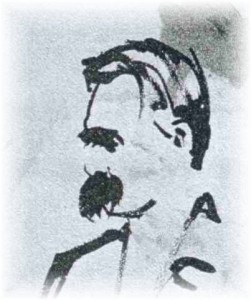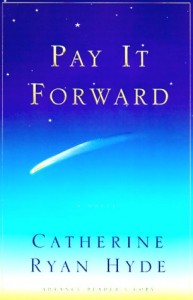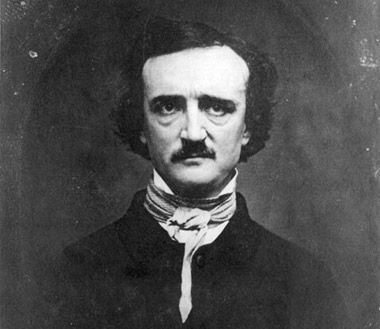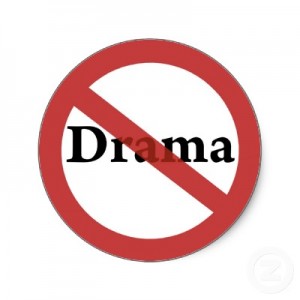Step 2 – Came to believe that a power greater than ourselves could restore us to sanity.
Okay, I took kind of a long break, but well, you know, life happens. Stupid life.
Let’s recap. For me, a sane writer works to improve their craft, writes on a schedule, and markets themselves and their writing with very little drama. A sane writer lives with the belief that if they continue to write, they will become better.
Now, above, I don’t say the word “God.” But “power greater than” certainly points to some kind of divine force.
Oh, I have such a hard time with the God idea. I’m kind of an all-or-nothing type of guy, and if there is a God, I would want magic fireballs tumbling out of the sky and filling me with inspiration and hope. Some people have had that experience, heck, I’ve even had some of those experiences, but for me to be satisfied, burning bushes would have to happen every day of the week. Yeah, God would have to be a Vegas nightshow act to keep me interested.
However, there are a variety of powers greater than myself that are active in my life. For example, my critique group is a power greater than myself. Maybe for some, maybe for most, they can create by themselves and churn out Shakespearean perfection, but not me. I need an outside eye, a fresh look, a power greater than myself.
Not to say I take everything my critique group says as gospel. Nope. I joke that I get their comments, and then I run it by the committee. Yes, I have a group of voices in my mind, and that group gets to decide on what comments I take and what comments I bid adieu. So even by myself, there is a power greater than myself running amok in my head. A good critique will stick in your craw, and you’ll fight, but in the end, you’ll have to embrace what’s right. And you’ll know. That deep part of yourself will know what is gold and what is complete cow crap.
And as a writer, the entire writing industry is a power greater than me, but that industry, while bent on making cash dollars, is also full of people passionate about books. Yes, there are some evil frakking people out there, but from my experience, most have good hearts and love stories. They can help. Sometimes. Again, the committee gets the final say.
Catherine Ryan Hyde, author of the wonderful Pay It Forward, was told by a well-meaning agent to change her book and have nice people pay it forward to other nice people. Ugh. Part of what makes the book so powerful is taht the people are gritty, real, and not antiseptic clones. Yeah, Ms. Hyde ignored that bit of “helpful” advice.
The most important part of Step Two is to let outside forces have a peek into your work and into your creative life and then be open to suggestions. A sane writer can take a good critique. And a sane writer knows when people are either stupid, evil, or useless. And you’ll encounter that. Just nod, and say thank you. A lot. I learned that from one of the old warrior writers in my critique group. Just say thank you. Don’t argue. Don’t fuss. Don’t explain. Just say thank you and move on.
In the end, the committee will decide. Or, for those with certain beliefs, the whisper of the Sacred Heart of Jesus inside you will be the final judge. Or Ganesha. I love Ganesha. The elephant-headed God of writers, thieves, and miracles. Which pretty much sums up the writer’s life.
 Be open to following directions. When the student is ready, the teacher will appear. Wouldn’t it be cool if you were writing and Ganesha appeared? How awesome would that be?
Be open to following directions. When the student is ready, the teacher will appear. Wouldn’t it be cool if you were writing and Ganesha appeared? How awesome would that be?
Again, for me to be satisfied, he’d have to show up every day. With flowers. Vegas showtime, baby, or don’t even bother.





